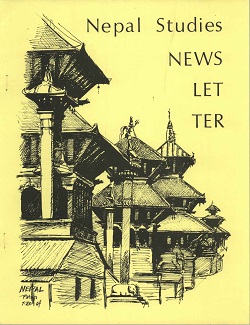"Not Found in Tibetan Society": Culture, Childbirth, and a Politics of Life on the Roof of the World
Abstract
This article explores the work of culture and politics in the context of health-development interventions. Specifically, I discuss a maternal-child health project that was conceived and executed in the Tibet Autonomous Region, China, and the place of engaged medical anthropology therein. This work takes inspiration from Pigg's (1997) insights about the ways health-development programs can adopt specific interpretive lenses that "create" categories of being and experience such as "Traditional Birth Attendants" (TBAs). This article illustrates the ways such categories circulate to serve the needs of governmental and non-governmental organizations, and, in the process, how they run the risk of essentializing culture or eliding the complex realities in which people live. Yet this article also argues that such elision is neither a given nor one-sided. Rather, such programs are enmeshed within a realpolitik in places such as Tibet where the trope of “culture” is both problematic and deeply influential, and where demographics (including maternal and infant mortality statistics) are politicized in particular ways. The article argues that far from being “anti-political,” (Ferguson 1994) such health development efforts are domains in which a “politics of life” (Fassin 2007) inheres. Even so, such efforts can be successful, and can help to nuance and ground the ephemeral yet powerful concepts of structural violence and social suffering.
Acknowledgements
The author would like to thank Geoff Childs and Andrew Fischer, and Vincanne Adams for their careful constructive criticisms on an earlier draft of this manuscript, as well as Arlene Samen, Timothy Dye, Bernhard Fassl, Sibylle Christensen, and colleagues from Lhasa who remain unnamed.
Recommended Citation
Craig, Sienna R.. 2011. "Not Found in Tibetan Society": Culture, Childbirth, and a Politics of Life on the Roof of the World. HIMALAYA 30(1).
Available at:
https://digitalcommons.macalester.edu/himalaya/vol30/iss1/18


